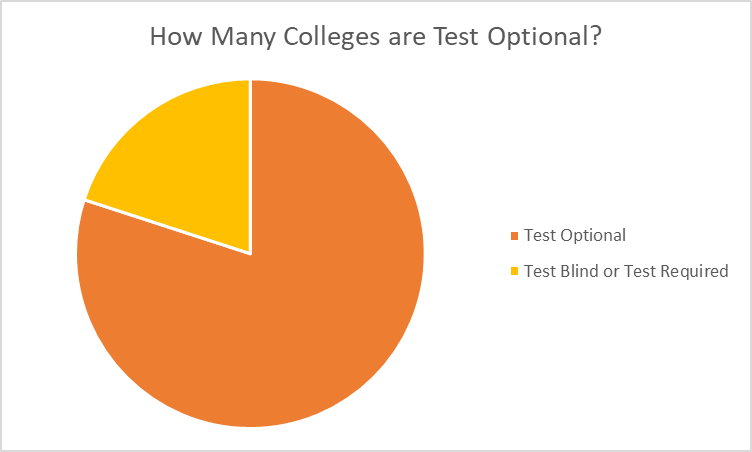Should you take the SAT post COVID?
With schools going test optional, is it worth your time?
About 80% of colleges in America have gone test optional through 2023, with an estimated 75% becoming test optional for graduates of 2024 (Courtesy of Evan Sadler). Top schools which are requiring standardized tests include Georgetown, the Massachusetts Institute of Technology, and Colgate, contrary to highly praised programs like that of the Ivy League, Stanford, or Northwestern.
November 7, 2022
More than two-thirds of colleges in the U.S., including highly selective institutions like the Ivy League, Stanford, Northwestern, Johns Hopkins, University of California Berkeley, and Boston University, have announced that they will remain test optional through the high school class of 2024. Does this mean that the need for a 1500 is eradicated? Not exactly.
While the tests have become optional, a strong test score would do nothing but benefit yourself. As a student, you’re called upon to perform strongly in your academics at school, get involved in extracurricular activities, volunteer in local communities, display yourself within your college essay, build a resume with accolades, and have solid relationships with teachers who can write recommendations, all within 4 years of high school. Coupling these stressors with a now optional 3 hour long test, which requires a multitude of weeks to prepare for, seems like a completely useless prospect. However, when you take into consideration what you are potentially giving up in terms of competing with your peers, taking the SAT or ACT seems like the obvious choice.When it comes to testing, colleges fall into one of three categories. They either require an exam in order to apply, are test optional, which means test scores will be considered if submitted, or are test blind which means tests aren’t reviewed.
If you choose to add schools you’re excited about to your college list which require testing late in your highschool career, for example, in the first semester of your senior year, the chances of you acquiring a quality score will have obviously fallen. Having to tackle an unforeseen SAT in a shortened time frame can significantly increase one’s stress and make the college admissions process significantly more overwhelming than it needs to be.
To reduce stress in senior year, college-bound students should have test scores they’re proud of by the end of their junior year. This helps set a college list with realistic expectations and minimize stress and uncertainty during the college admissions process to come. Overall, one should take a standardized test dependent on where and what they want to do in college. If you intend to compete for admission in a highly competitive institution, you should most definitely consider taking a standardized test. The score you get will not have to be submitted, but it can always improve your chances of admission.

























